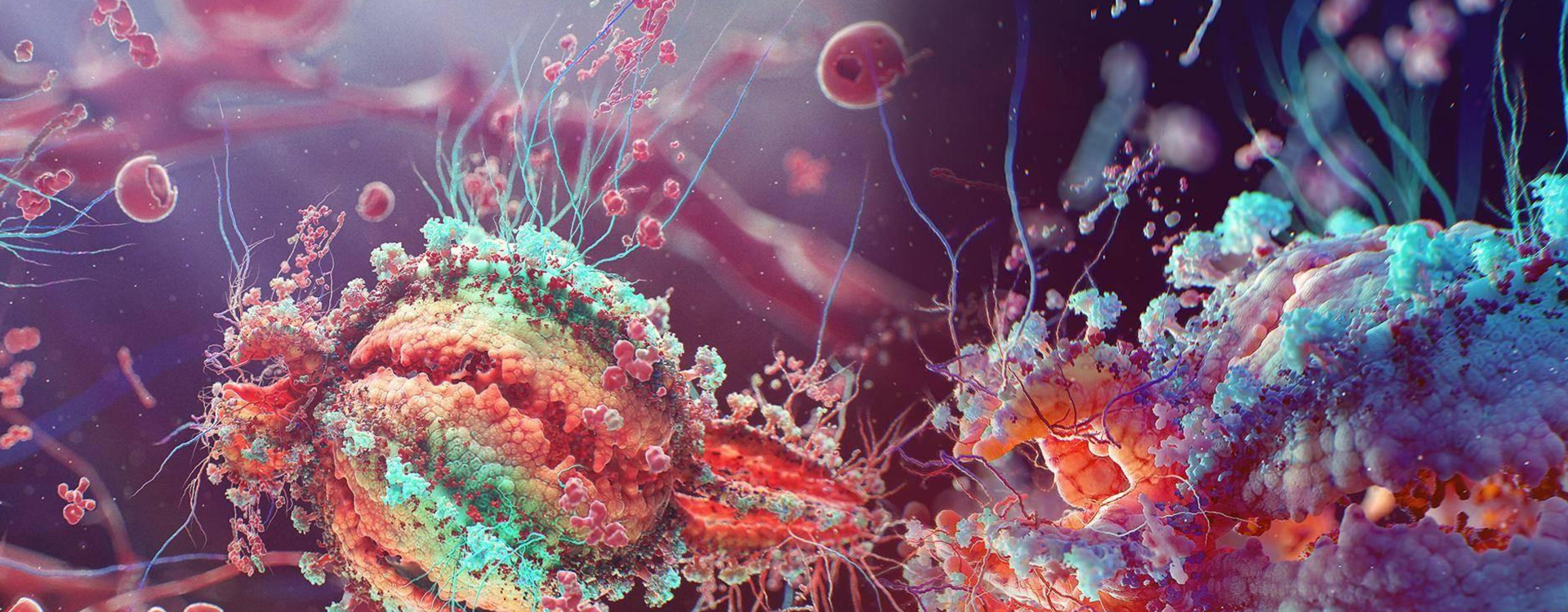Seminar Details
Numerous phytochemicals exhibit potent antioxidant activity, which is crucial in shielding cells from oxidative damage caused by reactive oxygen species (ROS). Amongst phytochemicals from various plants, recent studies have emphasized the antioxidant properties of Bacopa monnieri, a medicinal herb eminent for its cognitive-enhancing properties. The antioxidant properties of Bacopa are primarily accredited to its abundant content of bioactive compounds such as bacosides, flavonoids, and phenolic acids. These phytocompounds have been shown to regulate noble signaling pathways, including the activation of nuclear factor erythroid 2&ndashrelated factor 2 (NRF2), which augments the expression of antioxidant and cytoprotective genes. The contemporary finding has explicated the interplay between autophagy and NRF2 signaling pathways, emphasizing their complementary roles in cellular defense mechanisms. This study demonstrated that Bacosine, flavonoid from Bacopa monnieri, abates cellular ROS production and increases ROS-sensitive factor NRF2 and its downstream target. Further bacosine treatment reduced arecoline-induced ROS production. Moreover, bacosine treatment increases the number of LC3 puncta and autophagosme and induces autophagosome-lysosome fusion. We also found that bacosine enhanced the lysosomal activity and induced autophagic flux. Interestingly it was discovered that pretreatment with NRF2 inhibitor (ML-385) and genetic inhibition of NRF2 (si NRF2) suppressed the bacosine-induced autophagy in oral cancer cells. Further, it was found that bacosine suppressed arecoline-induced inflammasome activation in oral cancer cells.


